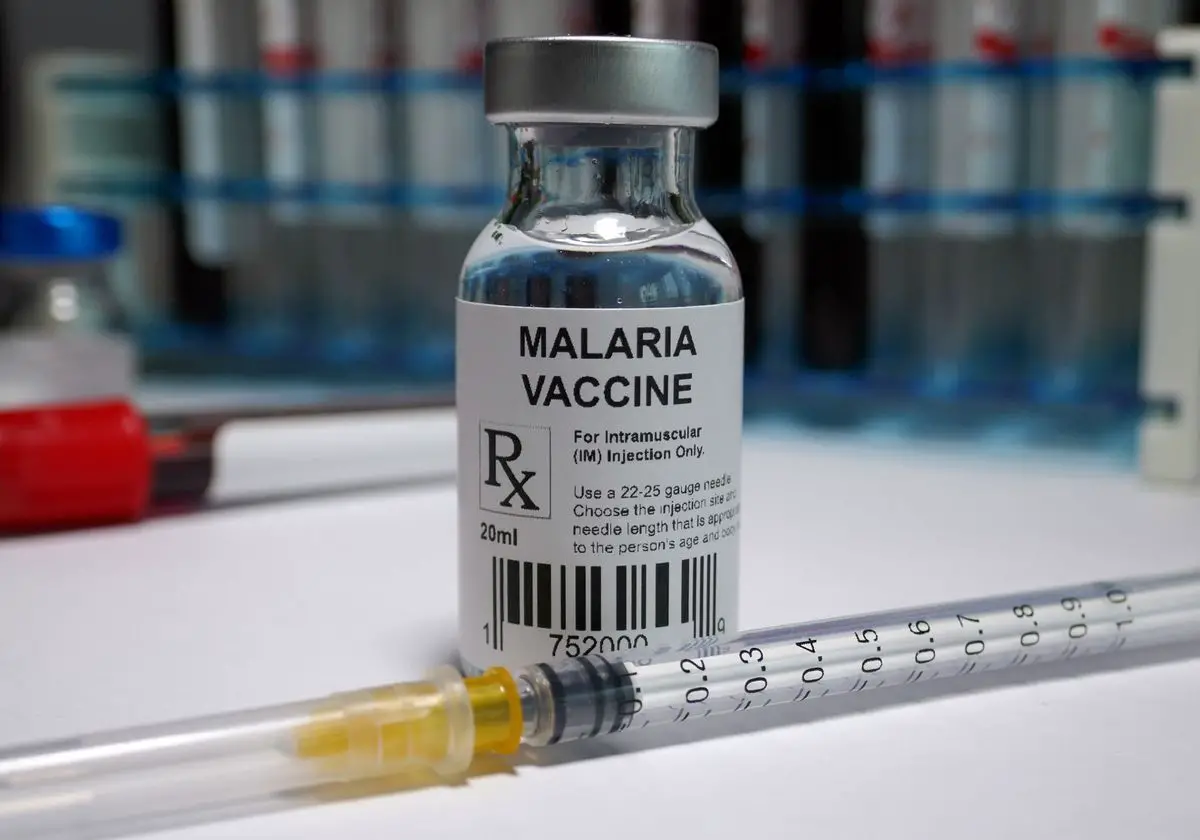
Malaria, a mosquito-borne disease that kills a child every minute, has been a long-standing public health concern in many parts of the world, In Ghana, efforts to combat this disease are now ramping up with the recent approval of a malaria vaccine developed by Oxford University.
This marks a significant milestone for the university, as it is the first time that the vaccine has received regulatory approval anywhere in the world. The shot has been approved for use in children aged 5-36 months, who are at the highest risk of death from malaria.
According to a statement from the university, this crucial step will help Ghanaian and African children effectively combat malaria. Professor Adrian Hill, chief investigator of the R21/Matrix-M vaccine program and director of the Jenner Institute, stated that this vaccine is the culmination of 30 years of malaria vaccine research at Oxford. The high efficacy vaccine can be supplied at an adequate scale to the countries that need it the most.
The malaria parasite’s complicated structure and life cycle have long stymied efforts to develop vaccines. However, this vaccine is one of several efforts focused on addressing the disease that kills over 600,000 each year, with most of them being children in Africa.
Last year, the World Health Organization endorsed Mosquirix, the first malaria vaccine from British drugmaker GSK. However, a lack of funding and commercial potential has limited the company’s capacity to produce enough doses. Mosquirix has been administered to over a million children in Africa so far, and research shows that it has an effectiveness of around 60%. Still, protection wanes significantly over time.
In contrast, the Oxford vaccine has a manufacturing advantage thanks to a deal with Serum Institute of India to produce up to 200 million doses annually. This is significantly higher than GSK’s commitment to producing up to 15 million doses of Mosquirix every year through 2028.
Mid-stage data from the Oxford vaccine trial involving over 400 young children showed that vaccine effectiveness was 80% in the group that received a higher dose of the immune-boosting adjuvant component of the shot, and 70% in the lower-dose adjuvant group at 12 months following the fourth dose. The doses were administered ahead of the peak malaria season in Burkina Faso.
Data from an ongoing phase III clinical trial in Burkina Faso, Kenya, Mali, and Tanzania, which has enrolled 4,800 children, is expected to be published in a medical journal in the coming months. With the approval of the Oxford malaria vaccine, there is hope that this disease will soon become a thing of the past.












